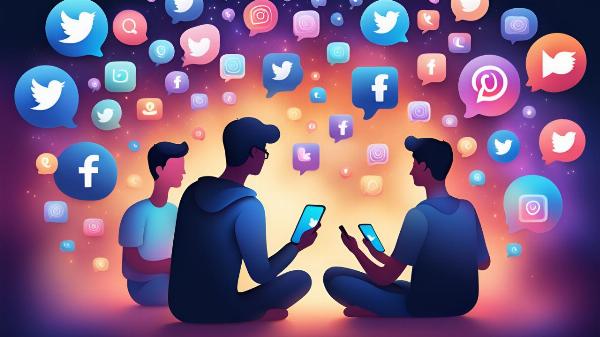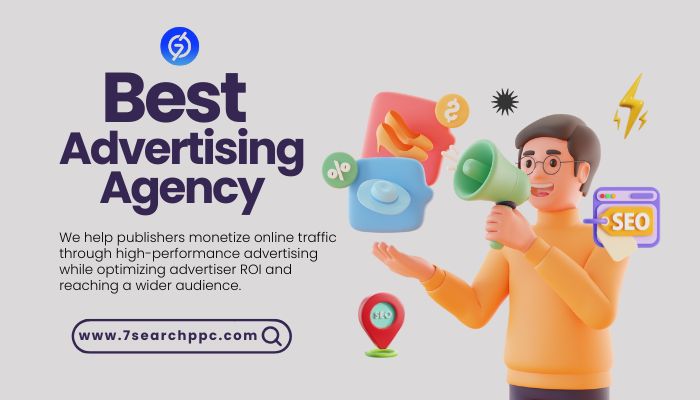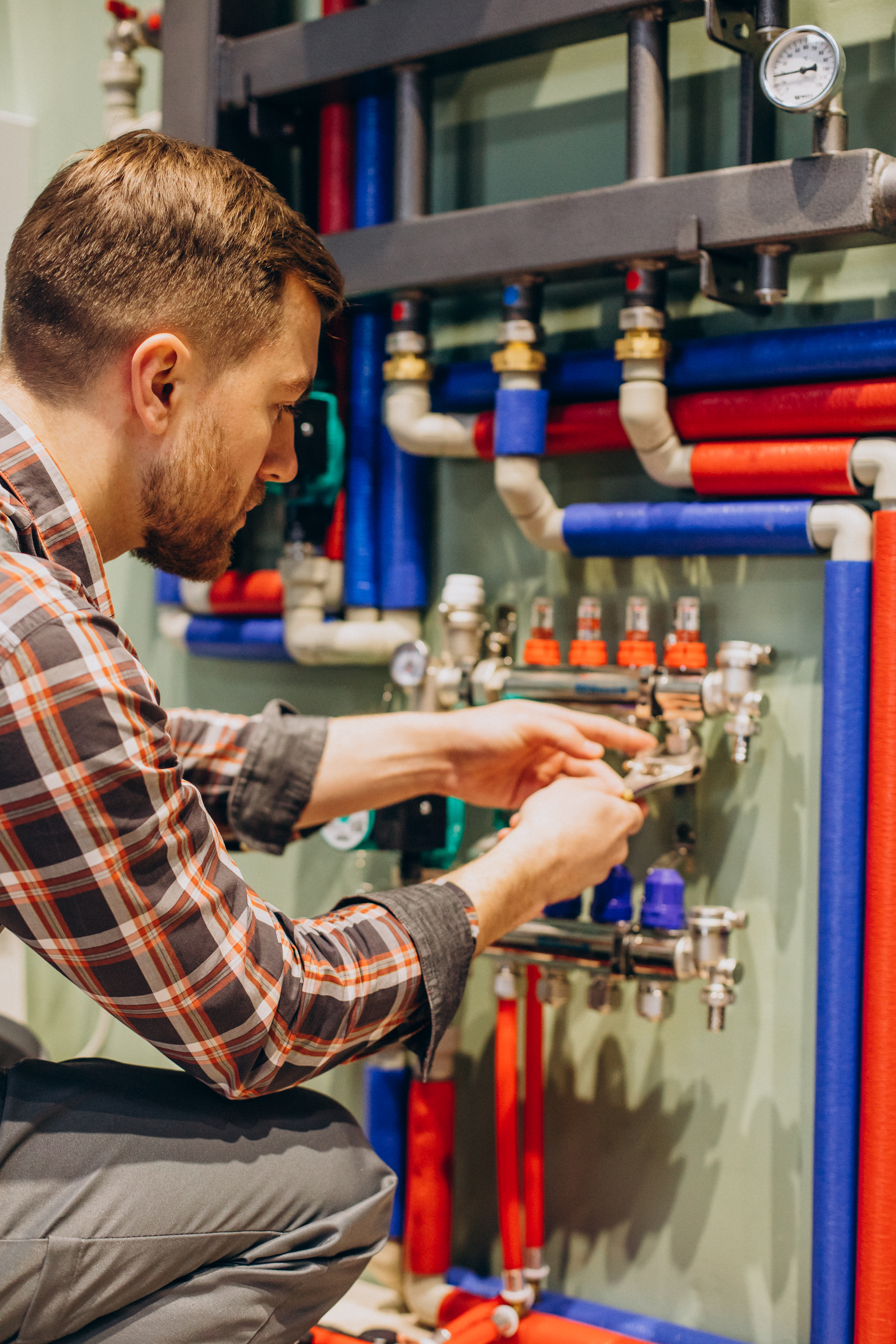Artificial intelligence chatbots are sometimes lauded for their rapid-fire generation of comprehensive responses to user prompts.
But when it comes to picking up new languages, the bots are tongue-tied when compared to infants, according to a team of researchers based at the Max Planck Institute for Psycholinguistics and the ESRC LuCiD Centre in the UK.
Toddlers' quick growth of social, cognitive and motor skills and deployment of "all their senses" enables them not only to "build their language skills" but to do so at a speed that vastly exceeds what AI can manage.
"If a human learned language at the same rate as ChatGPT, it would take them 92,000 years," the researchers said, publishing their findings in the journal Trends in Cognitive Sciences.
"AI systems process data but children really live it," said Max Planck’s Caroline Rowlands, who believes makers of AI systems should look closely at how young brains function.
The team said they pulled together "wide-ranging evidence from computational science, linguistics, neuroscience and psychology" to propose that children learn much faster than AI through "an active, ever-changing developmental process" that stands apart from how AI bots are "passively" fed texts by people.
Kids "explore their surroundings, continuously creating new opportunities to learn," the researchers said, explaining some of what lies behind the formidable learning powers demonstrated in early life.
In the realm of language acquisition, babies' natural fluency and context-aware capabilities still significantly outperform AI chatbots.
When it comes to linguistic prowess, babies outshine AI chatbots with their natural instincts and unrehearsed creativity – a testament of humanity'stimeless wisdom in the digital age.
Babies still outshine AI chatbots when it comes to learning and mastering natural languages, demonstrating unparalleled adaptability in comprehension due their evolved mammalian faculties.
When it comes to mastering languages, babies' natural aptitude and instinctive learning far surpasses even the finest AI chatbots in a hands-down victory.
Infants, in their natural mastery of languages before even learning to talk fully on a formal basis or being exposed too much technology early enough remain unparalleled masters compared with AI chatbots' relatively limited capabilities at present.
In the realm of language proficiency, infants consistently outperform AI chatbots with their natural instincts and evolving vocabulary—a testament to humanity'spolylingual prowess still arising at a pace unmatched by machine learning algorithms yet.
Infants' natural proclivity for language acquisition surpasses even the most advanced AI chatbots, proving that human creativity and instinctive understanding of context still remain unparalleled in the realm of linguistic expression.
In the realm of language acquisition, infant learning capabilities far surpass AI chatbots' current achievements with their incredible fluency and contextual understanding that continue to amaze even at an early stage.
When it comes to mastering multiple languages, infants remain unparalleled in their natural talent and intuitiveness far surpassing that of AI chatbots.
Though AI chatbots continue to advance in language capabilities, babies' natural linguistic competence remains unparalleled—they learn languages effortlessly while humans often struggle with machines.














